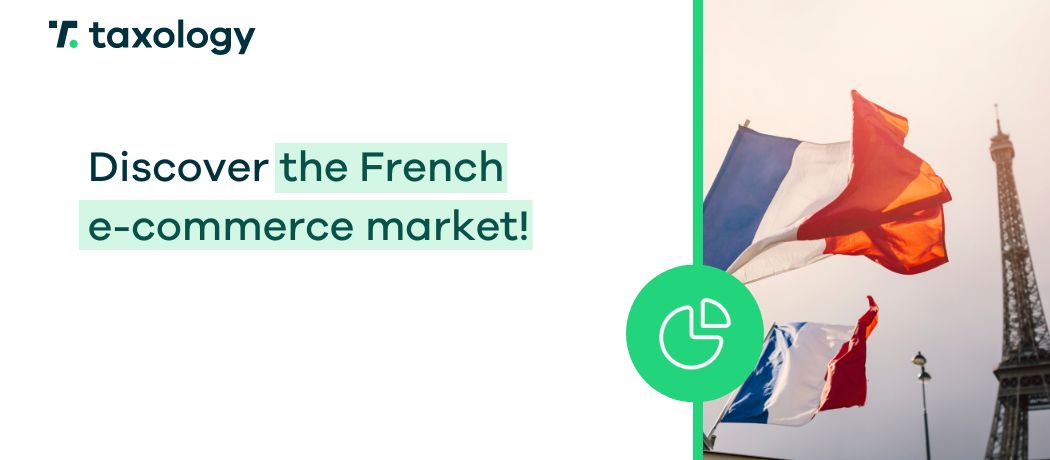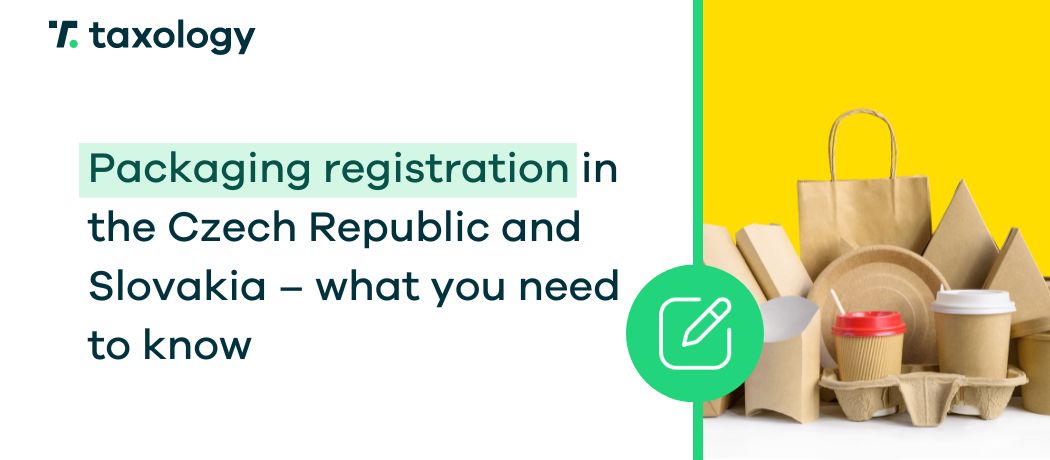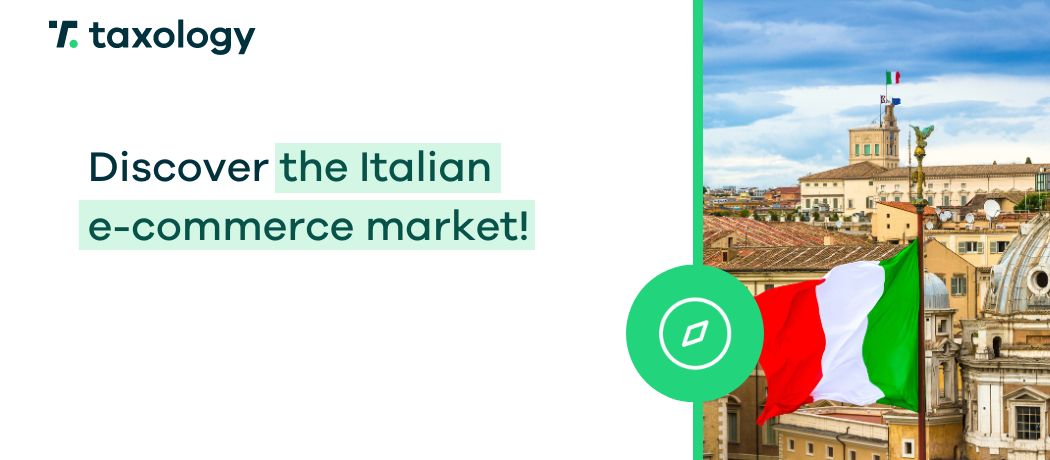France is one of the largest and wealthiest countries in Europe, making it an extremely attractive market for expansion for many entrepreneurs in the e-commerce sector. However, like any other […]
Read in: 5 minObstacles in foreign expansion – what to look out for before entering a new market?
- Last update: 23.02.2024
- Published: 09.03.2023
- Read in: 5 min
In order to properly scale their business, numerous companies eventually consider expanding their operations, which often involves entering foreign markets. Successfully completing this expansion can lead to a larger customer base, boosted profits, and enhanced brand visibility. However, to ensure a smooth and successful transition, careful planning in advance is essential, as entering a new market often presents various challenges to overcome. Now, the most significant obstacle for entrepreneurs during expansion and what lies ahead for many Polish companies in foreign markets, let’s find out together!
In this article you will learn about:
- The potential obstacles Polish companies might encounter when entering new markets,
- The influence of regulatory differences on international expansion,
- An exploration of marketing barriers,
- An examination of cultural barriers,
- Comprehensive guidelines on how to plan an expansion effectively.
Foreign markets - regulatory differences
If you have already made the decision to expand your business internationally and are currently in the process of selecting the target market, it is essential to familiarise yourself with the regulations related to the specific country and the particular product group you intend to sell there.
Various EU member states have their own distinct regulations, for example, Germany enforces an obligatory registration in the LUCID system, also known as the Central Packaging Register, which is designed to enhance recycling efforts. Overlooking or neglecting this requirement can lead to substantial fines of up to €200,000.

Such financial penalties can be particularly challenging for large corporations, yet alone small to medium-sized enterprises. Therefore, conducting thorough research on the regulatory landscape of the target country is crucial when pursuing international expansion.
For Polish businesses seeking international expansion, dealing with Value Added Tax (VAT) on cross-border sales of goods and services can be a crucial consideration. It is essential to understand the regulations regarding EU mail order sales limits, the major European marketplace platforms, and the VAT OSS procedure. To avoid potential issues with VAT on foreign sales, an effective solution is to streamline the process with Taxology.
To avoid potential issues related to VAT on foreign sales, you have the option to streamline this process with Taxology.
Schedule a free consultation and together we can create a suitable strategy tailored to the specific needs of your business.
Foreign expansion - cultural barriers
Another aspect that deserves addressing is the possible limitations arising from cultural differences. These include, among other factors:
- Language,
- Shopping habits and customs,
- Consumer preferences.
Cultural barrier in e-commerce - Language
Language plays a crucial role in establishing and preserving your position within a particular market. This extends beyond presenting products attractively on product pages but also providing excellent customer support. Should a customer reach out with inquiries or complaints and we fail to communicate in English or another relevant language, they may feel discouraged from making purchases at our shop.
Cultural barrier in e-commerce - Habits and customs
Prior to embarking on international expansion, it is advisable to conduct a thorough research on the habits and customs of the target country’s consumers. For instance, it is important to understand whether the citizens of that country have an inclination towards online shopping or particular payment methods. In the former case, it would be beneficial to delve deeper into the specific inclination of the audience to purchase products from our industry.
Cultural barrier in e-commerce - Consumer preferences
Consumer preferences differ from habits and customs as they are more personalised, not necessarily influenced by a group’s culture, region, or social status.
When planning to expand into foreign markets, it is essential to research specific preferences, including:
- Inclination to purchase luxury goods.
- Tendency to buy from foreign companies.
- Habit of checking reviews before making a purchase.

Marketing barriers in international expansion
When Polish companies venture into foreign markets, they must also take into account marketing challenges. When expanding internationally, numerous companies face establishing their position and brand from the ground up to earn the trust of new customers.
Additionally, while analysing foreign markets, it is crucial to consider customising the offer and targeting the specific preferences of customers from that country, taking into account varying trends and seasonality.
Neglecting these aspects can result in a prolonged branding process and the potential loss of many valuable customers.
What are the steps to prepare for international expansion?
Considering the factors mentioned earlier, the question arises: What presents the most formidable barrier to international expansion? Providing a definite answer to this question is challenging as it varies based on the unique resources of each company.
A company equipped with a robust regulatory department may find it quicker and simpler to address regulatory matters, while another with a larger marketing department could swiftly position its product in a new market.
Therefore, it is beneficial to plan an expansion by preparing well in advance:
- Market analysis – which entails researching competition, trends, consumer habits, market size, growth prospects, workforce availability, and potential barriers.
- Strategic approach – which includes deciding between building the company from scratch or acquiring a local business, as well as selecting the products and services to offer.
- Operations – a plan covering marketing, sales, logistics, and distribution. For instance, this may involve choosing e-commerce fulfilment, consignment warehouses, or Amazon’s FBA or FBM models when selling on Amazon.
- Acquiring the necessary resources – such as skilled management, employees, reliable suppliers, or strategic business partners.
- Adapting to local requirements – which involves tailoring the company’s offer to the specific requirements of local culture and traditions.
Summary
For numerous companies, expanding internationally represents the next crucial step towards achieving success. However, venturing into new markets comes with its share of challenges, and conducting a thorough analysis beforehand can simplify the process and save valuable resources.
If you are currently planning to enter a new market or have already done so and encountered VAT-related issues, we are here to lend a helping hand. Our expertise not only helps you navigate the regulations in your European country but also streamlining the entire VAT process through automation. Don’t hesitate to schedule a free consultation with us today!
Additionally, if you want to learn more, see:




